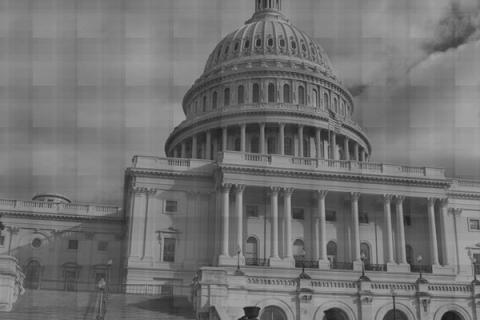
In mid-October, IVN reported on the possibility that Libertarian presidential hopeful Gary Johnson could upset the vote in Nevada. Regardless of what Johnson pulls at the polls, either Obama or Romney will win the state. Both camps have spent a whopping amount of time and money to woe voters, and Obama won 53 percent of the vote in this swing state.
At the beginning of Election Day, nearly 60 percent of registered voters had already cast their ballots, and polls showed 50.2 to 47.4 percent, Obama leading.
Both candidates pushed hard for voter approval in the state, where the economy has been severely hit by the recession. The unemployment rate has reached 11.8 percent and is the worst in the nation. President Obama maintained hope throughout the last days of the election that he could garner support there, despite the economic frustrations of many.
Democratic majority leader, Harry Reid, has been instrumental to the Obama campaign machine in Nevada and ensured Democrats there pushed hard to register new voters. By the end of the registration period in the last week of October, there were nearly 100,000 more Democrats registered than Republicans.
Republicans, however, had some advantages. Like Obama, Mitt Romney’s camp campaigned hard in the state and also worked to create a machine that pushed grassroots organizing. Nevada also has a popular Republican governor, Brian Sandoval, and a sizeable Mormon population, which could have helped Romney.
In September, Paul Ryan addressed a crowd in Nevada, banking on the jobs issue.
"We learned today that for every person that got a job, nearly four people stopped looking for a job. They gave up. We can’t keep doing this. . . . Friends, this is not an economic recovery. This is not anywhere close to an economic recovery. We need a new president, and we need a real economic recovery.”
Collectively the candidates spent nearly $50 million on advertising in the state and visited it incessantly. Nevada’s absence from both Romeny’s and Obama’s campaign stops yesterday and Sunday indicated that the state was solid, even before Election Day, although it had still been considered a toss up.
